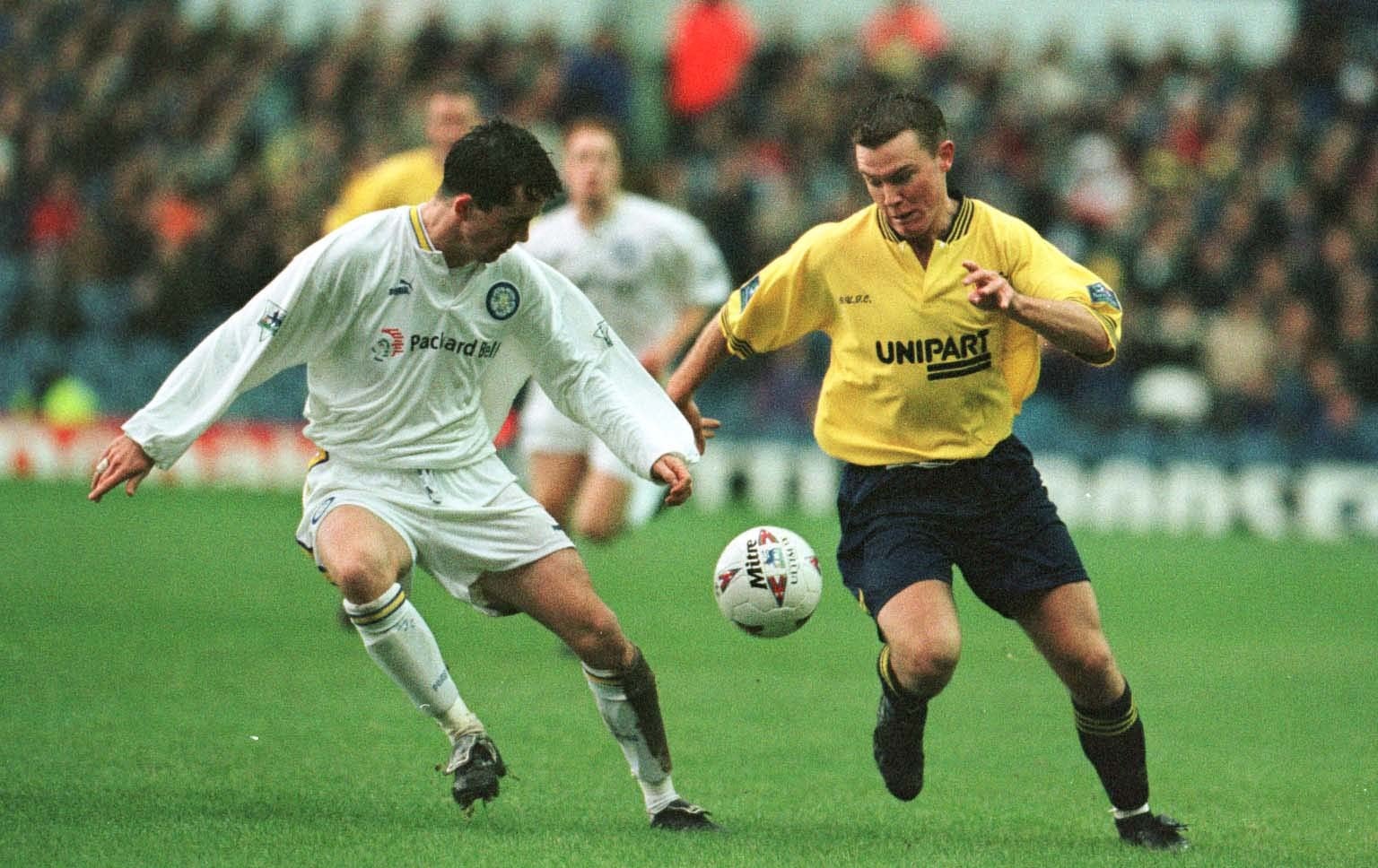Ex-footballer Joey Beauchamp took own life following battle with depression
Mr Beauchamp, who made more than 400 appearances for Oxford United, died in February after turning down support from mental health services.

Former Oxford United footballer Joey Beauchamp killed himself while struggling with depression following his retirement from sport, an inquest concluded.
Oxford coroner’s court heard Mr Beauchamp, 50, had several “stressors” on his life including gambling problems, money worries, troubling sleeping and the breakdown of his marriage, but he repeatedly turned down support from mental health services.
He was found dead at his home in Kidlington by his older brother, Luke, on February 19 this year after failing to respond to messages from his family.
Coroner Darren Salter described it as “a very sad case”, and recorded a verdict of suicide.
The court heard that Mr Beauchamp had several bouts of severe mental health problems dating back as far as 2008, and was sectioned in 2020 after attempting suicide.
A friend contacted the adult mental health team in Oxford on January 12 this year to express concern over Mr Beauchamp’s wellbeing.
Dr Scott Pearson, Mr Beauchamp’s GP, said in a statement that his patient was “seeing his family frequently” and he had “no thoughts of suicide or self-harm” at the time.
John Kelly, a psychiatrist nurse with the Oxford Health NHS Foundation Trust, spoke to Mr Beauchamp on January 28 to discuss his mental state following concerns from the GP, but Mr Beauchamp said he was “fine” and was not suicidal.
Mr Kelly told the inquest: “He was quite clear he didn’t want our involvement.
“It is very difficult to force someone to see you if they don’t want to see you.”
He said the call ended “positively”.
There was no further contact between the health professionals and Mr Beauchamp.
Mr Salter said there was nothing more support services could have done “when faced with a patient with capacity to say they did not want to engage with them”.
Recording a conclusion of suicide, the coroner said: “Joey was well-known locally, but had repeated bouts of poor mental health after retiring from football.”
Members of father-of-two Mr Beauchamp’s family were present in court for the hearing.
Mr Beauchamp made 428 appearances and scored 80 goals for Oxford United during his two stints between 1987 and 2002 – leaving him 10th and fifth respectively in the club’s all-time lists – before his career was ended by a toe injury.
The winger is remembered for scoring important goals for the club, including one in a win at Tranmere Rovers which saved Oxford from relegation in 1992, as well as in his final appearance against Exeter United.
– Help can be found by calling the Samaritans free of charge at any time, on 116 123 or by email at jo@samaritans.org or visit Samaritans.org.
Bookmark popover
Removed from bookmarks